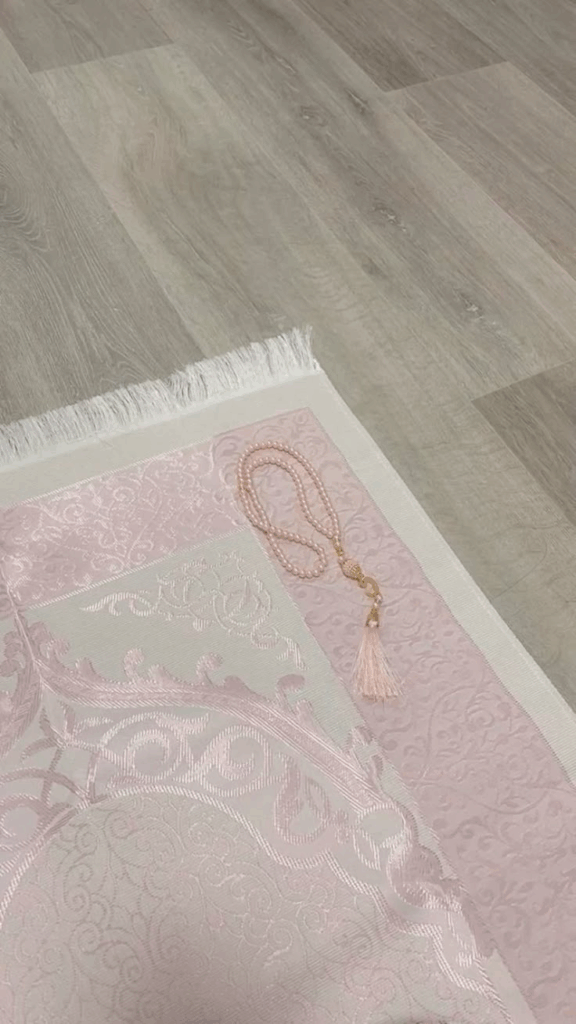
Opening Reflection
For many South Asian women, religion is both a balm and a boundary. It’s the rhythm of morning prayers, the scent of incense, the echo of scriptures read by elders — and sometimes, the silence we’re told to keep, the obedience we’re taught to honor. This duality leaves many of us wondering: Is our faith fueling our healing, or is it reinforcing our hurt?
This piece explores the fine line between spiritual comfort and cultural control — and how we can reclaim religion as a path toward self-care, not self-erasure.
When Religion Feels Like a Lifeline
Spirituality has long provided South Asian women with comfort and resilience. Whether it’s through:
- Daily rituals (lighting a diya, reciting verses, attending temple/mosque/church)
- Spiritual communities that offer shared purpose and identity
- Meditation and mindfulness rooted in ancient practices
- Gratitude practices that anchor us during emotional storms
These are not just routines — they’re emotional anchors, deeply tied to how many of us understand peace, hope, and endurance.
When Religion Becomes Suppression

But not every spiritual experience is healing. Many South Asian women share how religious teachings have been weaponized to:
- Dismiss trauma or depression as “weak faith”
- Force silence in the name of “respect”
- Guilt women into over-serving others without rest
- Label mental illness as spiritual failure
This tension creates spiritual dissonance: loving a faith that sometimes doesn’t fully love us back.
Stats: Faith, Fear, and Mental Health
- 71% of South Asian women said they were raised with strong religious values
- 43% say they’ve felt guilt or fear when questioning those values
- 58% said their religious practices bring them emotional comfort
- 27% said religion was used to dismiss their emotional needs
(Source: South Asian Healing Study, 2023)
Real Voices
“I used to cry during namaz and feel ashamed — I thought sadness meant I didn’t trust God enough. Now, I know He hears me even when I’m broken.”
— Sana, 31, Pakistan
“My mother said my anxiety was a test of faith. But ignoring it didn’t make it go away — therapy did.”
— Nisha, 28, UK
📊 Infographic Summary
Bar Chart: How South Asian Women Experience Religion
| Experience | % of Women |
|---|---|
| Emotional comfort from practice | 58% |
| Guilt when questioning beliefs | 43% |
| Trauma dismissed as weak faith | 27% |
| Raised with strong values | 71% |
Pie Chart: Role of Religion in Mental Health
- Comforting/Healing: 58%
- Mixed Experience: 29%
- Suppressive/Negative: 13%
✅ Worksheet Prompt: Reflecting on Faith and Wellness
| Prompt | Your Response |
|---|---|
| A spiritual practice that brings me peace: | ___________________________ |
| A religious belief that I’m struggling with: | ___________________________ |
| How I want my faith to support my healing: | ___________________________ |
| A boundary I need when religion feels like pressure: | ___________________________ |
Quote to Carry With You
“Faith should feel like home, not a cage. You’re allowed to question, to rest, and to heal.”
No Responses